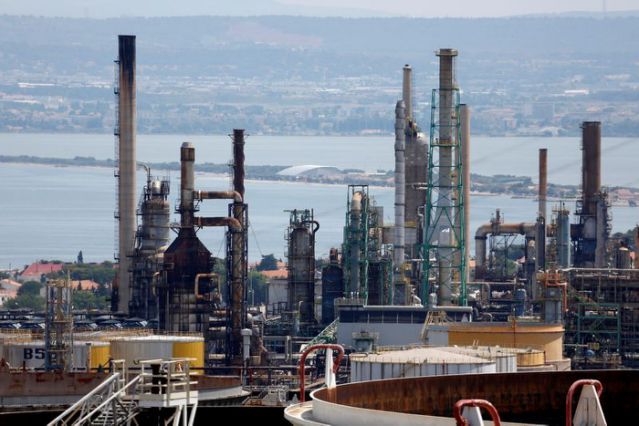LONDON/NEW YORK – European and U.S. oil refineries face a wave of closures due to plateauing fuel demand, tightening environmental rules and overseas competition, prompting some owners to opt for an easier alternative – converting plants to produce biofuels.

Source: Reuters
The shock of the coronavirus epidemic crushed global oil demand and as some producers, including BP, say it might never recover to pre-crisis levels, the need to close refineries has accelerated.
The International Energy Agency (IEA) said in a recent report that by 2030 around 14% of current refining capacity in advanced economies “faces the risk of lower utilisation or closure.”
That share could grow to 50% in 2040 under a more aggressive transition away from fossil fuels to electric vehicles, the IEA said.
Shutting down refineries, some of which are 70 years old, is a costly process which requires dismantling heavy equipment and pipelines and remediating the land.
So owners are choosing alternative paths, including converting refinery sites to import terminals, putting them to other industrial uses or, in many cases, switching to cleaner biofuels by processing vegetable oil and waste oils.
BP, Total and Eni, outlined in recent months plans to grow their biofuel capacities by two to five fold by 2030 while reducing their global oil refining footprints.
The switch is part of companies’ strategies to radically reshape and grow renewables and low-carbon businesses.
Other European refiners including Repsol and independent Italian refiner Saras also plan to increase their capacity.

